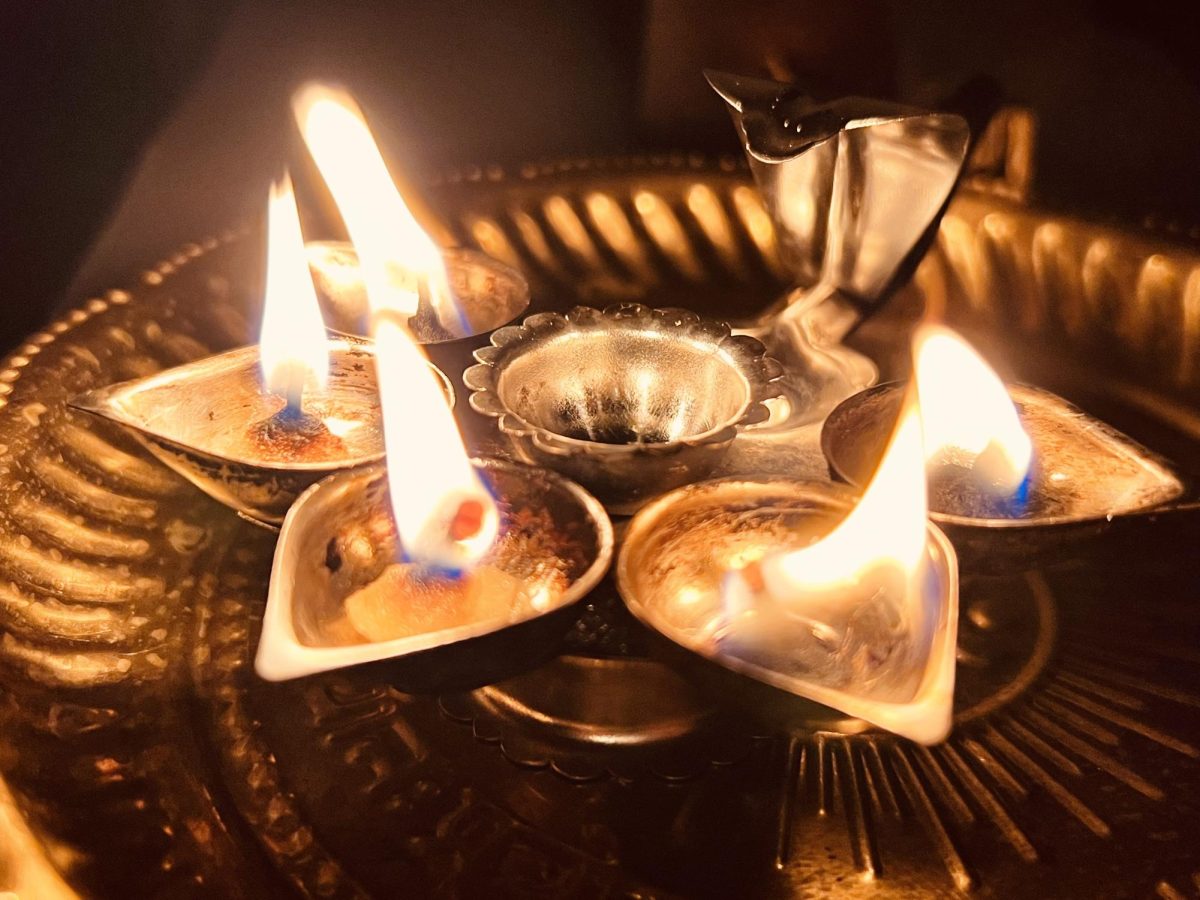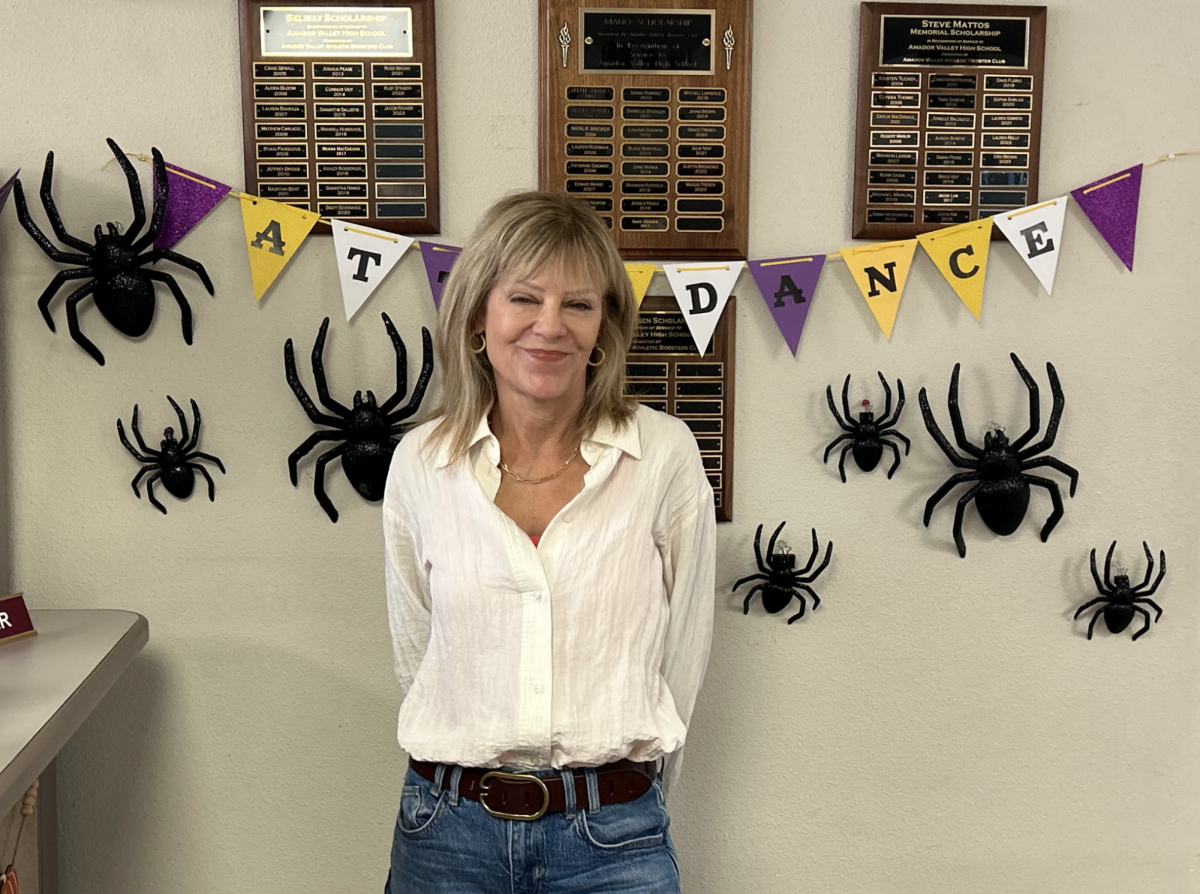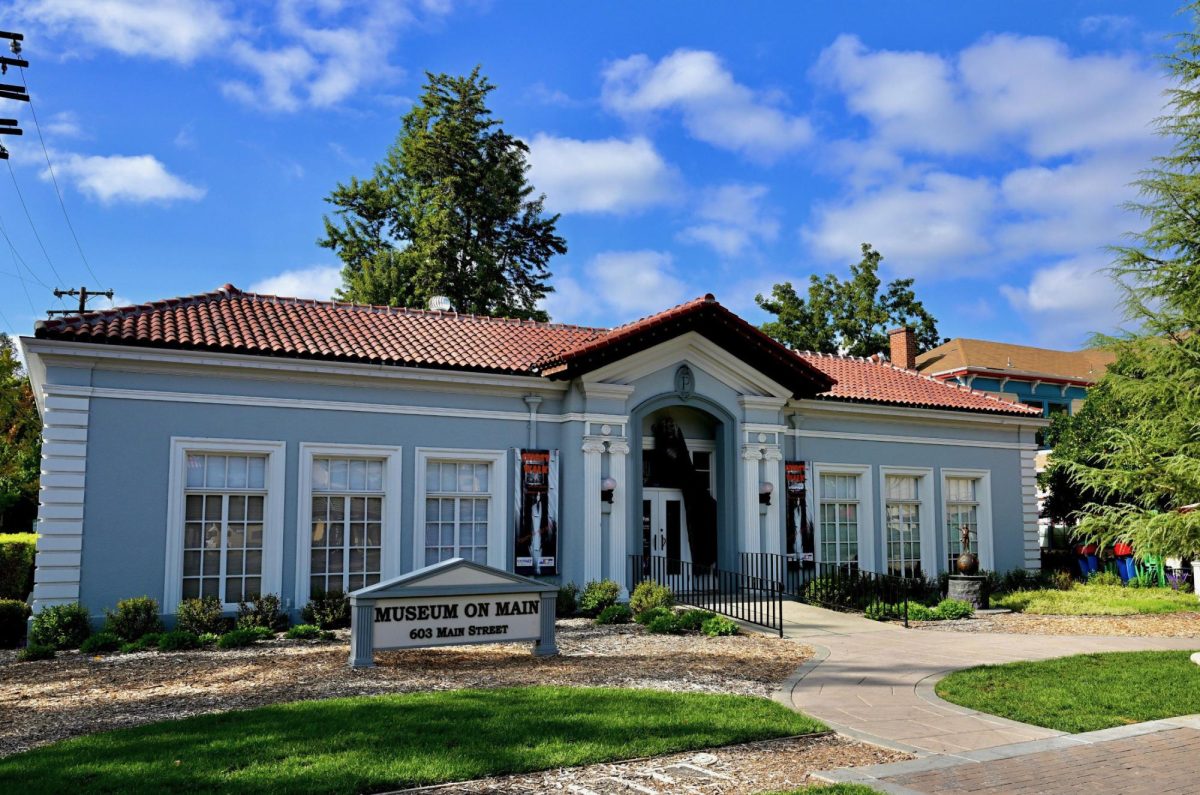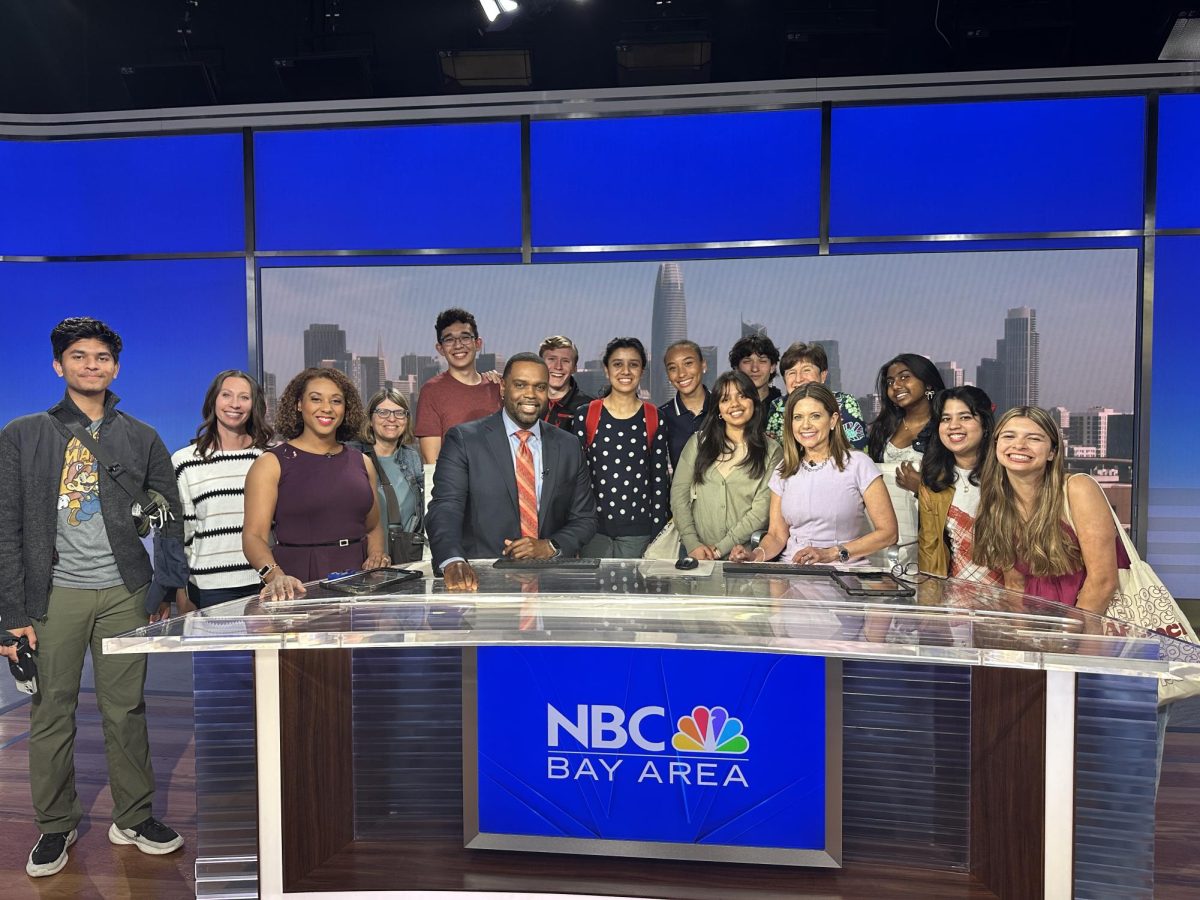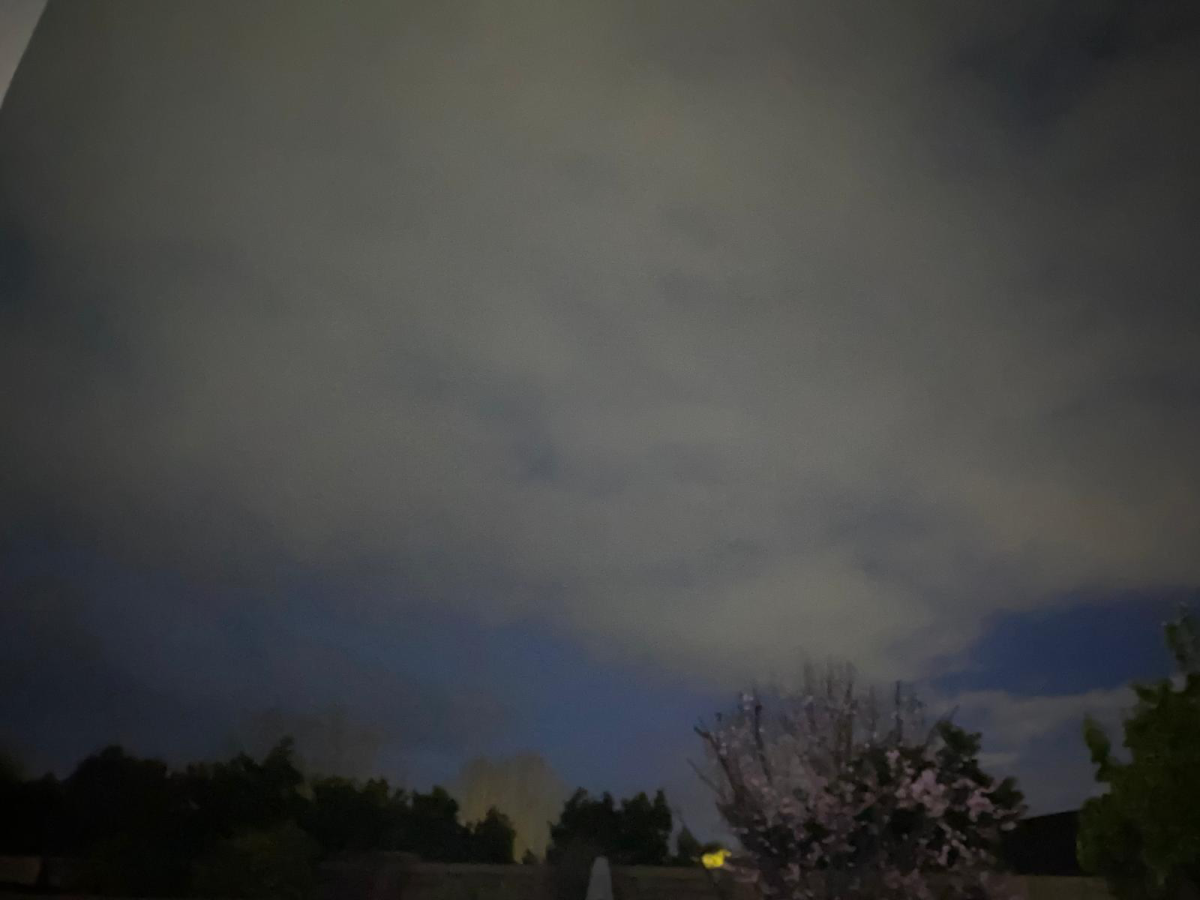Amidst rhythmic chants and vibrant festivities, Mahashivratri, the great night of Lord Shiva, unfolded on March 8th this year. Devotees across the globe immersed themselves in prayers, fasting, and rituals to honor the destroyer of evil and the epitome of cosmic energy.
“Mahashivratri is a sacred occasion that unites devotees in reverence for Lord Shiva, symbolizing the triumph of good over evil and the power of divine consciousness,” said Hindu Pandit Piyush Patel.
A night for reflection
Mahashivratri, literally translating to “the great night of Shiva,” marks a celestial convergence of energy, spirituality, and devotion. It falls on the 14th day of the lunar month of Phalguna, according to the Hindu calendar, typically in February or March. Furthermore, the night holds immense significance in Hindu mythology, symbolizing the marriage of Lord Shiva and Goddess Parvati.
“I stayed up during Mahashivratri, visited the temple, provided offerings to Lord Shiva, and celebrated the divine,” said Foothill student Tarun Natham (‘24).
The festival holds a profound spiritual significance, with devotees engaging in various rituals to seek blessings, cleanse their sins, and attain spiritual upliftment. For example, fasting, meditation, and chanting of prayers are common practices observed during Mahashivratri.
“When I was at the temple, I offered milk, water, and bel leaves to Shiva lingams, the sacred symbol of Lord Shiva,” said local Hindu devotee Jyoti Manga.
One of the most striking aspects of Mahashivratri is the night-long vigil observed by devotees. More specifically, many spend the entire night immersed in prayer, meditation, and singing in devotion to their faith.
“Mahashivratri is a time when the cosmic energies align, allowing devotees to connect deeply with the divine and experience spiritual growth,” said Pandit Patel.
Divine energy that transcends borders
The festival also resonates with cultural significance, with various parts of the world celebrating it in their unique ways. In the state of Uttarakhand, devotees undertake the arduous trek to the holy shrines of Kedarnath and Badrinath. Comparatively, in Coimbatore, an exuberant nightlong festival at the Isha Yogic Center drew millions of devotees.
“Personally, I tuned into the livestream that Sadhguru had on YouTube. I listened to his discourse, chanted, did some meditation, and stayed up the entire night,” said UK resident Prashil Sukla.
As the dawn breaks on the morning after Mahashivratri, devotees emerge rejuvenated, and spiritually uplifted. Moreover, the echoes of “Har Har Mahadev” reverberate in the air, reminding everyone of the omnipresence of Lord Shiva and the eternal cycle of existence.
“Chanting the name of Lord Shiva on this auspicious night with fellow devotees was very powerful. I could feel the energy naturally flowing in the air and in the idols,” said Sukla.
All in all, the festival of Mahashivratri symbolizes the triumph of good over evil, the power of devotion, and the ultimate realization of the divine within oneself.
“It is not just a festival; it is a journey of self-discovery, a celebration of cosmic consciousness, and a testament to the enduring power of faith,” said Pandit Patel.


